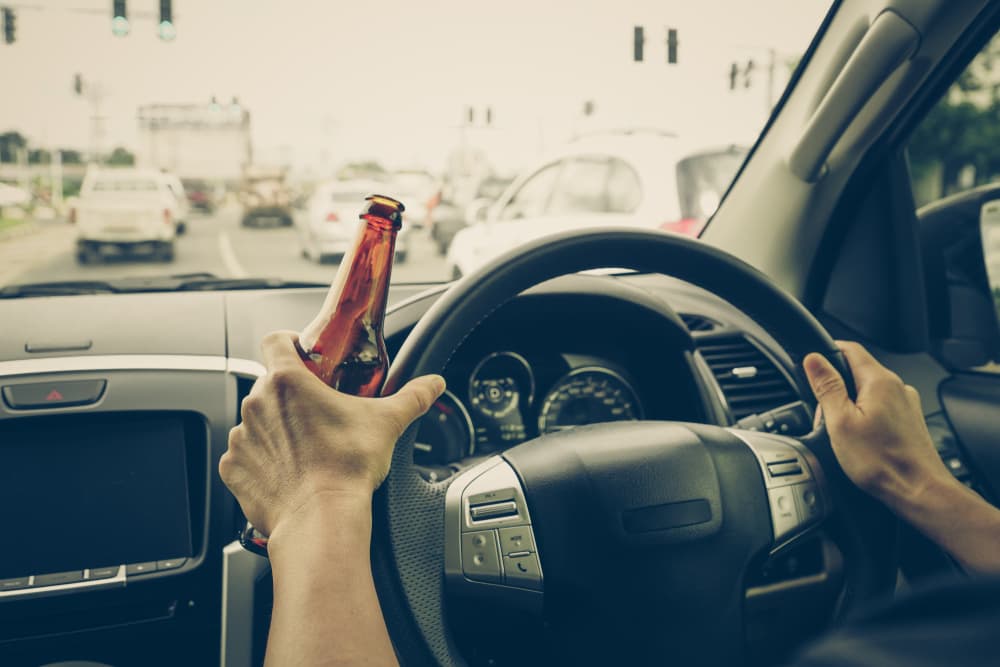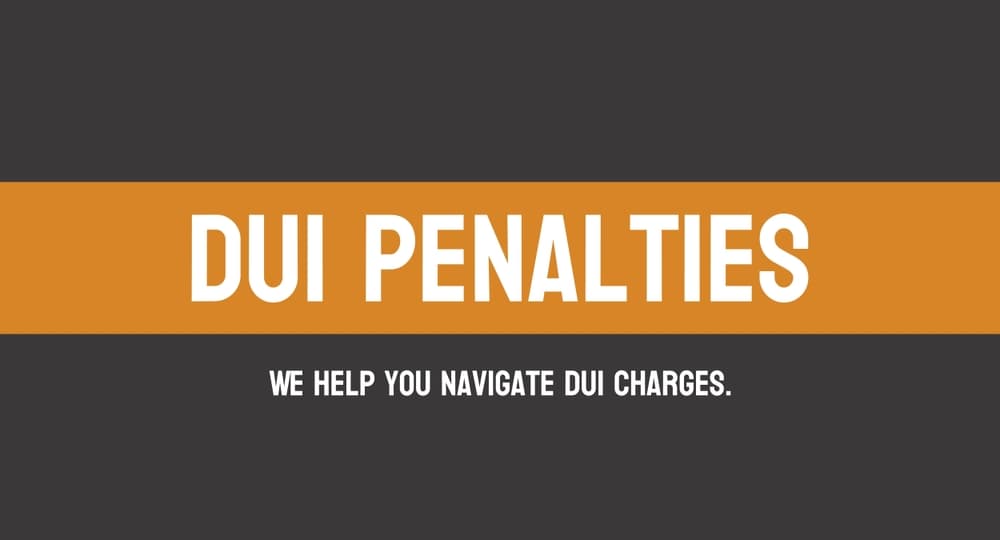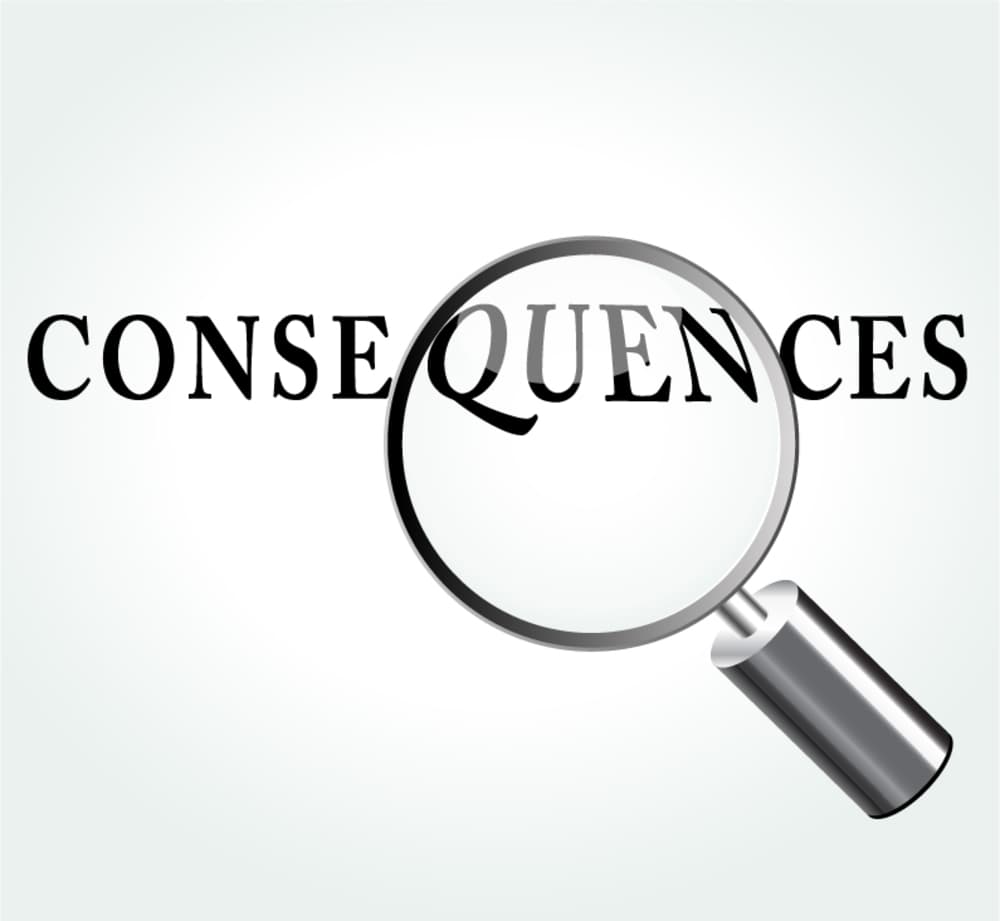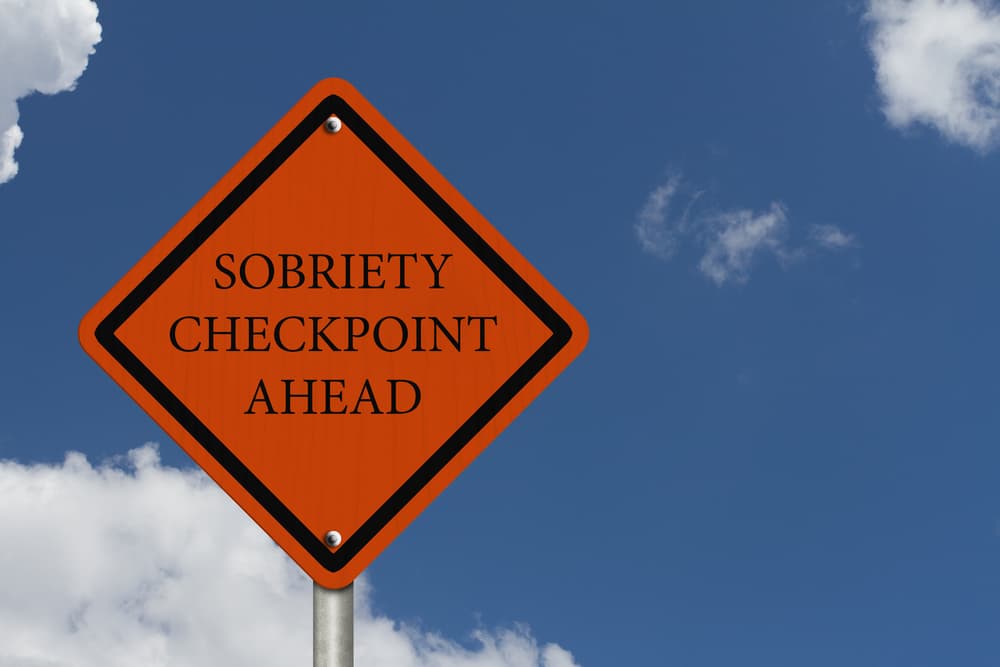Field sobriety tests are assessments that police officers use to determine if a driver is impaired due to alcohol or drugs. These tests typically include tasks that measure coordination, balance, and cognitive ability, such as the Horizontal Gaze Nystagmus (HGN), Walk-and-Turn, and One-Leg Stand tests. Officers observe the driver’s performance and look for specific signs of impairment.
While these tests can provide evidence in a driving under the influence (DUI) case, they are not always accurate, and various factors can affect them, including medical conditions or environmental conditions.
If you are currently facing a DUI charge, you need a knowledgeable criminal defense attorney on board in your case as soon as possible. Your DUI defense lawyer can challenge a field sobriety test result and pursue a complete dismissal of your charge – or a favorable plea deal from the state prosecutor.
Common Field Sobriety Tests that Police Officers Use to Make an Arrest
When police officers suspect someone of driving under the influence, they often use field sobriety tests to determine if the person is impaired by alcohol or drugs. These tests are designed to assess a person’s balance, coordination, and ability to follow instructions. There are three standard field sobriety tests that police officers typically use, known as the Standardized Field Sobriety Tests (SFSTs), developed by the National Highway Traffic Safety Administration (NHTSA).
- The Horizontal Gaze Nystagmus (HGN) Test – The HGN test is used to check the movement of the driver’s eyes. Nystagmus is an involuntary jerking of the eye that becomes more noticeable when a person is intoxicated. During this test, the officer will ask the person to follow a small object, like a pen or flashlight, with their eyes as they move side to side. The officer watches the eyes to see if they jerk or twitch at certain angles, which can be a sign of impairment. A person who is under the influence of alcohol is more likely to exhibit nystagmus, especially at smaller angles. The officer also looks for signs like the inability to follow the object smoothly with both eyes.
- The Walk-and-Turn (WAT) Test – This test evaluates a person’s ability to follow directions and maintain balance. The officer will instruct the driver to take nine steps, heel-to-toe, in a straight line, turn around on one foot, and then take nine steps back. At the same time, the person must keep their arms at their sides and look at their feet while counting the steps aloud. The officer is checking for several signs of intoxication, such as the inability to maintain balance during instructions, starting too soon, stepping off the line, failing to touch heel-to-toe, using arms for balance, taking the wrong number of steps, or improper turning. Even two or more errors can suggest impairment.
- The One-Leg Stand (OLS) Test – In this test, the officer instructs the driver to stand with one foot raised about six inches off the ground while keeping both arms at their sides. The person must hold this position while counting aloud until the officer tells them to stop (typically for 30 seconds). The officer observes whether the person sways, hops, uses arms for balance, or puts their foot down before the test is over, all of which may indicate impairment.
These three tests help officers determine if someone is impaired, but they are not always 100 percent accurate. A person’s medical conditions, nervousness, or uneven surfaces can affect the results, which is why these tests are usually part of a broader evaluation.
Elements of a DUI Charge

To convict someone of driving under the influence (DUI), a prosecutor must prove several key elements beyond a reasonable doubt. These elements vary slightly depending on the state, but the general requirements are consistent across jurisdictions.
- Driving or Being in Control of a Vehicle – The prosecutor must show that the accused was driving or in actual physical control of a vehicle, which means the person must have been operating the vehicle or had the ability to do so. Even if the vehicle is not moving, someone can still be convicted of DUI if they are behind the wheel and have the keys in the ignition or easily within reach.
- Being Under the Influence of Alcohol or Drugs – The prosecutor must prove that the person was under the influence of alcohol, drugs, or a combination of both, meaning that the driver’s ability to safely operate the vehicle was impaired. There are two common ways a prosecutor establishes being under the influence:
- Blood Alcohol Concentration (BAC) – In most states, if the person’s BAC is 0.08 percent or higher, they are considered legally intoxicated. BAC is usually determined through breath, blood, or urine tests.
- Impairment Evidence – Even if someone’s BAC is below the legal limit, they can still be convicted if the prosecutor shows that their driving ability was impaired due to alcohol or drugs. This evidence may come from a police officer’s observations, such as erratic driving, failing field sobriety tests, or slurred speech.
- Impairment Occurred While Driving – This element can be shown through the timing of the arrest, witness statements, or video footage of the person’s driving.
To convict someone of DUI, the prosecutor needs to prove all of these elements beyond a reasonable doubt. If any element is not clearly established, the accused should not be found guilty. That is why it’s essential your DUI defense attorney challenge the accuracy of the evidence – such as the BAC test results – or question the officer’s observations and procedures during the arrest.
Common Penalties for a DUI Conviction

A DUI conviction can result in serious penalties. While these penalties vary by state and the specific circumstances of the offense, there are several common consequences that most people convicted of DUI will face. These penalties become more severe if it is a repeat offense, if the driver’s BAC is very high, or if there are aggravating factors like an accident or injury.
- Fines – One of the most common penalties for a DUI conviction is a fine. Fines can range from a few hundred to several thousand dollars depending on the state and whether it is a first or subsequent offense. The BAC level or other factors may also influence the amount, such as if there was property damage or someone suffered an injury.
- License Suspension or Revocation – Following a DUI conviction, the driver’s license is usually suspended. The length of the suspension can vary widely, from a few months for a first offense to years for repeat offenders. In some cases, a driver’s license may be revoked, meaning the person loses their driving privileges entirely and will need to go through a lengthy process to get their license back.
- Jail Time – Many states impose jail time as part of a DUI sentence, especially for repeat offenders or if there were aggravating factors like a very high BAC or an accident. A first offense may lead to a short jail sentence, ranging from a few days to several months, but repeat offenses or DUIs involving injuries can result in longer jail terms, sometimes up to a year or more.
- Probation – Instead of or in addition to jail time, a person convicted of DUI may be placed on probation. Probation typically involves meeting with a probation officer regularly and following specific conditions the court sets, such as attending DUI education or treatment programs, avoiding alcohol, or completing community service.
- DUI Education or Treatment Programs – Many states require people convicted of DUI to complete alcohol or drug education and treatment programs. These programs are designed to help individuals understand the dangers of impaired driving and address any substance abuse issues they may have.
- Ignition Interlock Device (IID) – Some states require offenders to install an ignition interlock device (IID) in their car. This device requires the driver to blow into a breathalyzer before the car can start. If alcohol is detected, the car will not start.
Frequent Collateral Consequences Following a DUI Conviction

A DUI conviction can lead to many consequences beyond the legal penalties, such as fines or jail time. These consequences are called collateral consequences, and they can affect various aspects of your personal and professional life. While they may not be part of the formal sentence of a court hands down, they are often long-lasting and can have serious effects on your future.
- Employment Issues – A DUI conviction may create problems with your current job or make it harder to find new employment. Many employers conduct background checks, and a DUI conviction can be a red flag for some, especially if the job involves driving or operating machinery. If you lose your driver’s license, it may also limit your ability to commute, which can lead to job loss or difficulty finding work. In addition, certain professions, such as those in healthcare, education, or law, may have strict policies against hiring people with criminal convictions.
- Increased Insurance Costs – Following a DUI, your auto insurance premiums will likely increase significantly because insurance companies see people with DUI convictions as high-risk drivers. In some cases, your insurance provider may even cancel your policy altogether. Furthermore, you may be required to obtain an SR-22, which is a special form of high-risk insurance that can be expensive and is often required to reinstate your driver’s license.
- Educational Opportunities – A DUI conviction can affect your ability to get into certain colleges or universities, particularly if the school requires a criminal background check as part of the application process. Besides that, some scholarships and financial aid programs may be off-limits to individuals with criminal records, including DUI convictions.
- Professional License – If you hold a professional license, such as a license to practice law, medicine, or real estate, a DUI conviction can lead to disciplinary actions. Licensing boards often have the authority to suspend or revoke a person’s professional license, especially if they believe the conviction reflects poorly on the individual’s ability to perform their job.
- Social Stigma – A DUI conviction may also carry social consequences. Family, friends, and colleagues may see you differently, and a conviction can damage your reputation. This stigma can affect your personal relationships and how others view you, even after you have served your sentence or paid your fines.
Successfully Challenging a Field Sobriety Test Result

Challenging the results of a field sobriety test in a DUI case can be an effective way to fight the charges. These tests are not foolproof, and there are several ways to argue that the results were inaccurate or unfair. Here are some common strategies used to challenge a field sobriety test result.
- Medical Conditions – Many people have medical conditions that can make it difficult to perform well on field sobriety tests — even if they are not intoxicated. For example, someone with inner ear problems, muscle issues, or neurological conditions may struggle with balance or coordination. If you have a medical condition that affects your ability to walk in a straight line, stand on one leg, or follow a moving object with your eyes, you can argue that the test results were not a reliable indicator of impairment.
- Nervousness – Being pulled over by a police officer is a stressful experience, and even sober individuals can become anxious in this situation. Nervousness can cause shaking, sweating, or difficulty concentrating, which may make it harder to perform the field sobriety tests correctly. You can argue that your poor performance on the tests was due to anxiety, not intoxication.
- Poor Test Conditions – Field sobriety tests are often conducted on the side of the road, which can be a poor environment for testing someone’s coordination and balance. Uneven pavement, gravel, poor lighting, or heavy traffic can all make it harder to pass these tests. You can challenge the test results by showing that the conditions were not suitable for an accurate assessment of your sobriety.
- Improper Instructions – Police officers are supposed to give clear and specific instructions when administering field sobriety tests. If the officer gave confusing or unclear instructions or failed to demonstrate the tests correctly, you may have been set up for failure. You can argue that any mistakes you made were due to the officer’s failure to provide proper guidance.
- Officer Bias or Mistakes – Police officers are human, and they can make errors or be biased. If the officer assumed you were guilty from the start or made a mistake in administering or interpreting the tests, the results may not be reliable. You can challenge the officer’s credibility or point out any inconsistencies in their testimony to weaken the prosecution’s case.
Speak with an Experienced DUI Defense Lawyer Today
If you are currently facing a DUI charge, you want an experienced criminal defense attorney to advocate for you. A criminal defense lawyer can challenge certain evidence in your case, including field sobriety test results, and pursue a case dismissal or other favorable result.